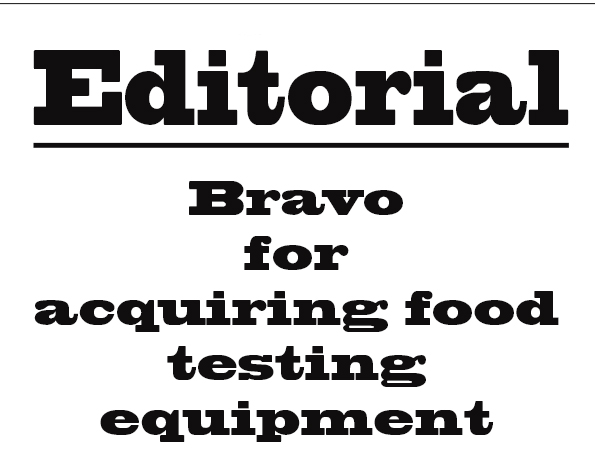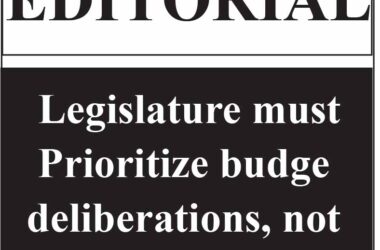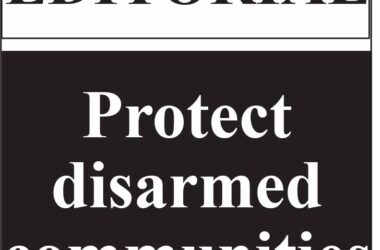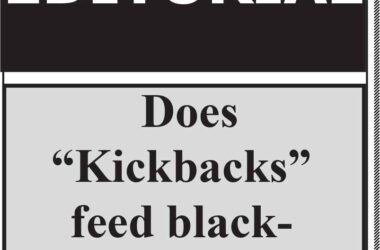On Monday, the South Sudan National Bureau of Standards announced that it acquired new and modern state-of-the-art equipment in the food safety laboratory.
The acquisition of the equipment marks a significant milestone in safeguarding public health safety, given that it would be used for testing mainly edible products.
This move is commendable, and it demonstrates the government’s commitment to combating the persistent problem of fake and toxic goods.
Toxic edibles have infiltrated the markets across the country and the citizens consume them unknowingly.
Recently, the Bureau of Standards impounded about 62 trucks of maize imported from Uganda due to high levels of Aflatoxins. If the maize had made its way to the market, it would have been a grave threat to public health.
It should be noted that counterfeit products do not only pose a threat to public health but also to the economy.
The only way to detect and thwart the production, distribution, and sale of fake goods is by investing in advanced technology and equipment. Kudos to the Bureau of Standards is equipping itself with such a powerful machine.
This will undoubtedly bolster their ability to identify counterfeit items across various sectors.
However, it is essential to recognize that the equipment alone cannot eliminate the problem entirely. There must be collaboration among different government agencies, law enforcement, industry stakeholders, and consumers to curb the circulation of fake goods.
We can collectively dismantle the networks of counterfeiters and ensure a safer, more prosperous future for all.




